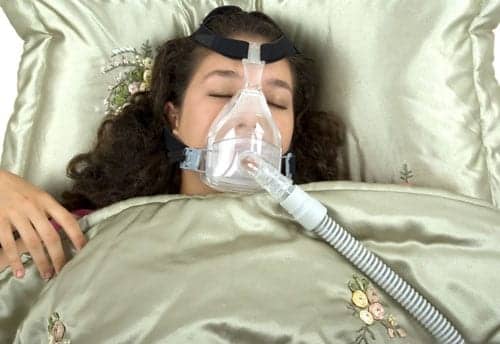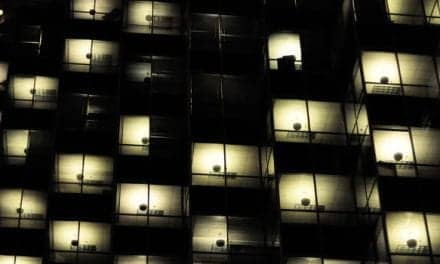While autonomic responses, such as heart rate and sweating, are negatively affected in all sufferers of obstructive sleep apnea (OSA), the sleep disorder takes a greater toll on these functions in women’s bodies than it does in men’s. A new study from the UCLA School of Nursing measured heart-rate responses in OSA sufferers and non-OSA sufferers of both sexes during three physical tasks: the Valsalva maneuver (breathe out hard while the mouth is closed), a hand-grip challenge, and a cold pressor challenge. In all three tests, changes to the normal heart rate were lower and delayed in patients with OSA compared with healthy controls. And the difference was even more pronounced in women.
“The heart-rate results for these tests show that the impact of sleep apnea, while bad in men, is more severe in women,” says Paul Macey, lead researcher on the study, which appears October 23 in PLOS ONE. “This may mean that women are more likely to develop symptoms of heart disease, as well as other consequences of poor adaptation to daily physical tasks. Early detection and treatment may be needed to protect against damage to the brain and other organs.”
Even worse for women, the study finds, their symptoms also tend to be subtler, which often means OSA isn’t diagnosed. Sometimes these women appear to be healthy, for instance with a normal resting blood pressure. “We now know that sleep apnea is a precursor to bigger health issues,” Macey says. “And for women in particular, the results could be deadly.”
The next step, study authors say, is to see if the autonomic responses improve with treatments such as continuous positive airway pressure (CPAP). Researchers also intend to investigate the effect of other treatments.
Other authors of the study included Rajesh Kumar, Mary Woo, Frisca Yan-Go, and Ronald Harper.





